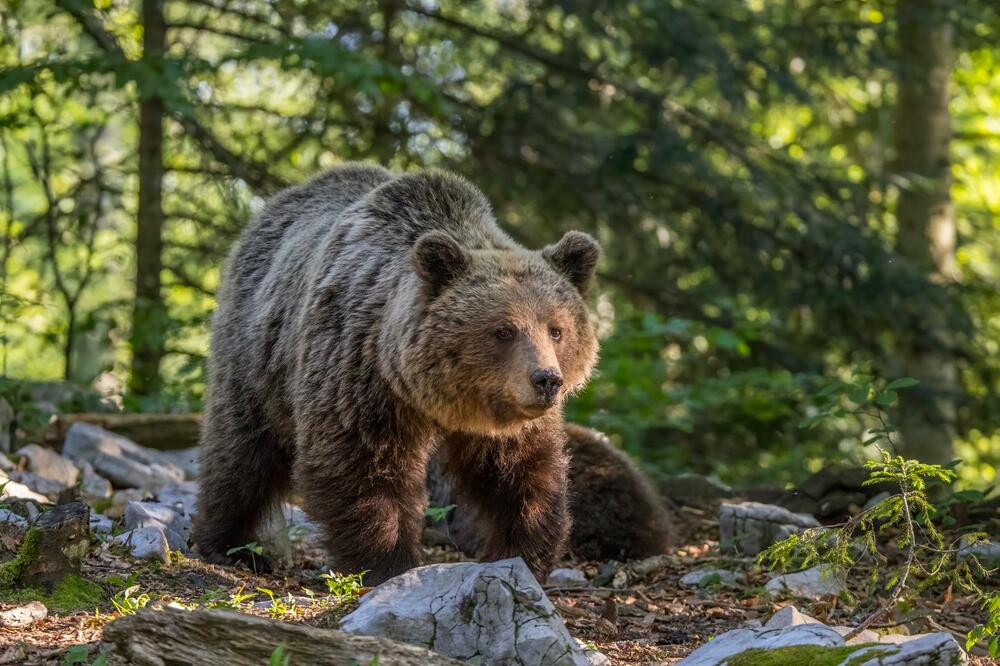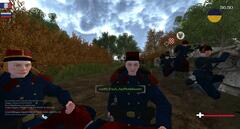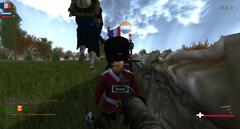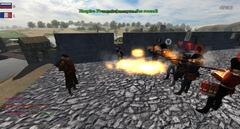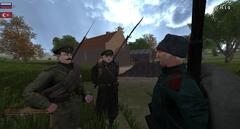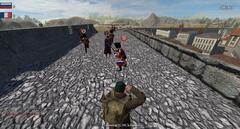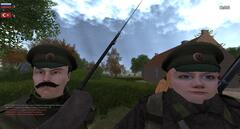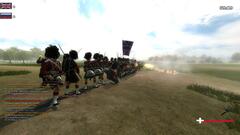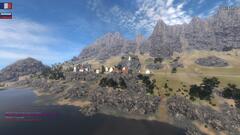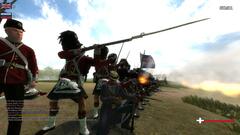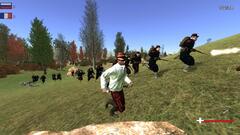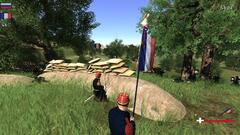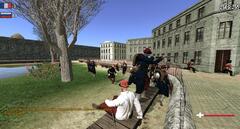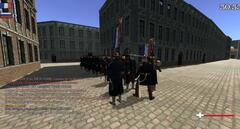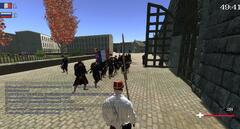All Activity
- Earlier
-
WaterPolo started following NRP - Admin Application - aragorn47
-
-
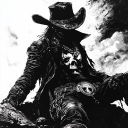 asdfgh changed their profile photo
asdfgh changed their profile photo -
 MrRob changed their profile photo
MrRob changed their profile photo -
aragorn47 started following NRP - Admin Application - aragorn47
-
Vouch he's more than capable should have been utilised a long time ago
-
Name Legolas here Steam Dont threaten me Server NRP GUID 948231 Previous Experience Ive been a member of this community for near 12 years Vouches Nobby Isaac rez kaide cockwave lexxe Reason(s) They say u can't teach an old dog new tricks, so I killed the old dog and decided to take charge myself, heil hitler, I will do everything in my power to revive nrp, I've got more experience than basically any member that reads this, id die for NRP, if Germany won the war Europe would not be a 3rd world hell hole. Nrp died with scandy my libtard Irish brother. Heil hitler death to the jew.
-
so how is it going?
-

Bear - The one that does not eat the honey
ShekelHaver replied to Patol's topic in General Discussion
Thread is locked. -
Jurek started following Bear - The one that does not eat the honey
-
The ones that do not eat honey are cute
-
aragorn47 joined the community
-
BigsharkUned joined the community
-
ShekelHaver started following Bear - The one that does not eat the honey
-

Bear - The one that does not eat the honey
ShekelHaver replied to Patol's topic in General Discussion
This dude was alive in 2012 -
Troooooot joined the community
-
Emil started following Bear - The one that does not eat the honey
-
Didn't ask.
-
Patol started following Bear - The one that does not eat the honey
-
Slavic, Germanic, Baltic, Celtic languages, and even partially Indo-Iranian ones lost the original word for „bear”. Most European peoples believed that saying something could make it appear. Even today some people react negatively when someone mentions death around a proverbial family hearth. That is why many euphemisms arose. One will likely hear that someone „passed away” or „is no longer with us”, although the more precise and unambiguous statement is simply that „death met them”. However, in this case we are not dealing with the disappearance of information, only with the creation of new expressions. This phenomenon was mainly caused by fear of this powerful animal. After all, it is faster, larger, stronger, and better equipped for fighting than we are. When taken by surprise, humans have no chance against this shaggy beast, so the threat it posed was much greater than, for example, invoking an individual’s death. But let us move on to the title of this topic. Different peoples found interesting ways to avoid „summoning” the bear: Slavic languages (Czech: medvěd | Russian & Serbian: medved) Here, the animal was described not by its appearance, but by its habit - eating honey: „the one eating honey”. Germanic languages (English: bear | German: Bär | Dutch: beer | Scandinavian: björn, bjørn) Instead of using the actual name of the animal, these peoples decided it was wiser to call it „the brown one”. Baltic languages (Lithuanian: meška | Latvian: lācis) In Lithuanian it most likely meant something like „soft creature” because of its fur. Latvian etymology is unclear, but we know it is not derived from the original word. Celtic languages (Welsh: arth | Breton: arzh | Irish: mathúin) Folk etymology in Welsh and Breton connects these with „strong” or „manly”. Irish mathúin means „fat”, literally „well-fat”. Uralic languages (Finnish: karhu | Estonian: karu) Here we find the meaning „rough” or „coarse”. I continue circling around the title of this thread, but only now can I fully address it. There is a reason why I skipped Polish among the Slavic languages. The Lechitic peoples went a step further. After all, the beast or the forces that bring it could figure out whom one means by saying „the one eating honey”. Bears are known for that, and there are no honey badgers in Europe. Therefore, at some point people began to say „niedźwiedź”. „-dźwiedź” corresponds to Slavic medved, „nie” is a negation. So that is how we get „the one who does NOT eat honey”.
-
It is a dry morning in Sevastopol. The air smells of ash and smoke: peasants carry bodies off to burial, and church bells ring for the many thousands who gave their lives defending the city. Four flags adorn the walls: those of Britain, France, the Ottomans and Sardinia. They are the victors. Two years of bloodshed, disease and suffering have come to an end as the last Russian detachments are driven off from the outer walls. Sporadic rifle fire is heard from the woods surrounding the city, but the Russians have had enough. The Crimean steppe lay open as the defeated Russian army limps away: their effort to break the blockade, though valiant, comes to naught. The Tzar and his ministers decide to cut their losses and sue for peace. On a cold night in Paris, they give away vast swathes of land to Moldavia. Their warships are barred from sailing the Black Sea, and their influence in the Danubian Principalities are greatly diminished. Russia is humiliated. The Bear has lost scores of her sons. The victors too, have suffered. The Ottomans have managed to extend their lifespan for a few more decades, but at what cost? They are now indebted to the Great Powers, and they will certainly be wanting their cut. France has humiliated Russia, but a strong Prussia now looms on the border. Britain has restored the concert of Europe, but they've also gone through several government crises. Sardinia has impressed the Great Powers in her quest to unify Italy. Nobody knows what the future holds, but one thing is for certain - the war is over.
-
 Colbert changed their profile photo
Colbert changed their profile photo





